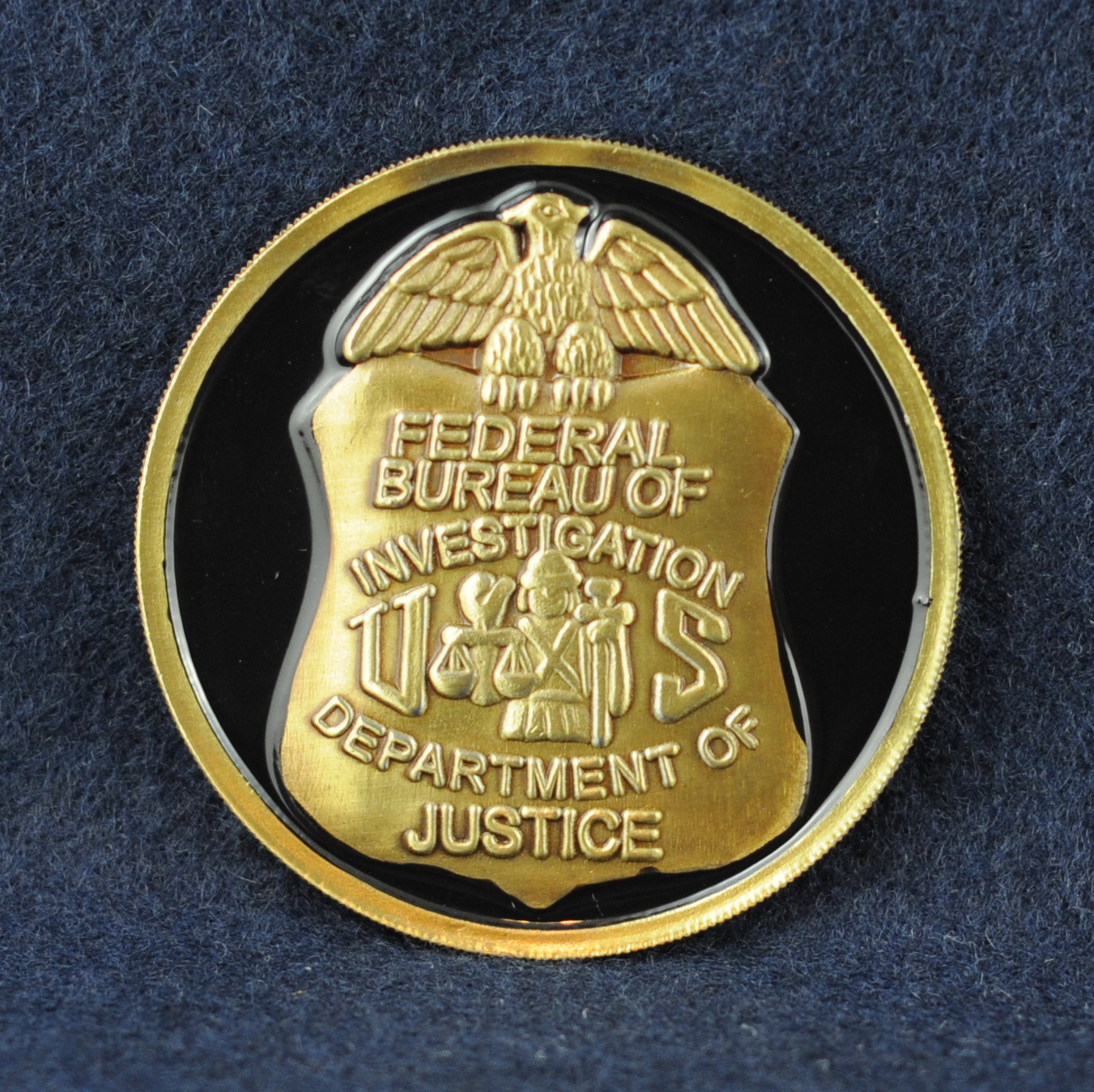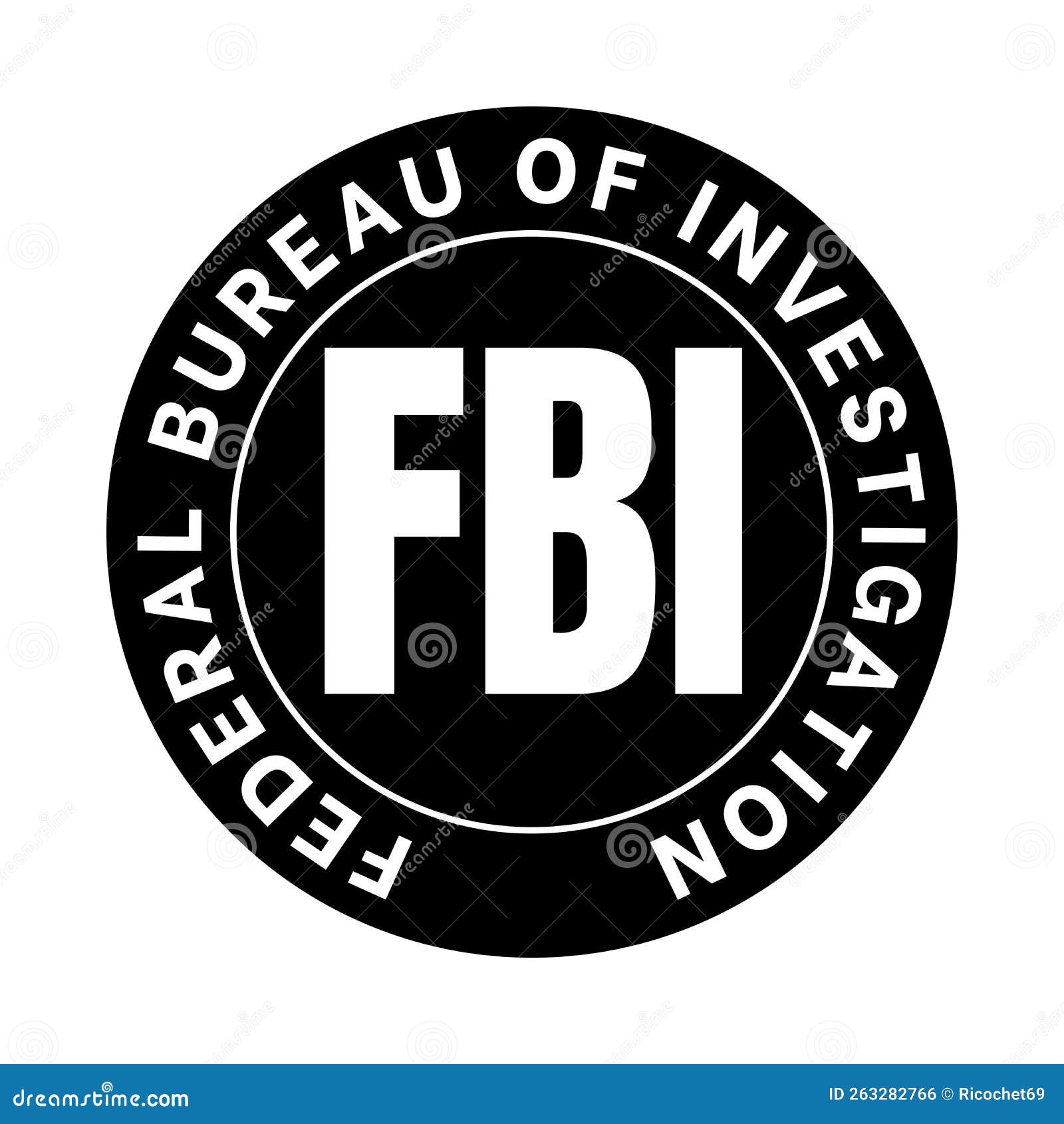Let’s dive into the heart of one of America’s most iconic agencies – the FBI. If you’ve ever wondered what really goes on behind those closed doors, or how this legendary organization operates, then you’re in for a treat. The Federal Bureau of Investigation, or FBI, is more than just a name – it’s a symbol of justice, national security, and crime-fighting prowess. But there’s so much more to it than meets the eye.
Now, if you’re like me, you’ve probably seen FBI agents portrayed in movies, TV shows, or even video games. But have you ever stopped to think about the real-life workings of this agency? From its origins to its modern-day operations, the FBI has evolved into a powerhouse that shapes the course of history. So, let’s break it down and uncover the mysteries that surround this enigmatic organization.
Whether you’re a history buff, a crime enthusiast, or just someone curious about how the FBI fits into the bigger picture, this article will give you a deep dive into everything you need to know. Stick around because we’re about to unravel some secrets you won’t find in your average textbook.
- The Musk Siblings Exploring Tosca Kimbal Elons Success
- Christopher Reid Net Worth Kid N Play Legends Fortune
Table of Contents
- The Fascinating History of the FBI
- Understanding the Structure of the FBI
- The Core Missions of the FBI
- How to Join the FBI
- The Role of Technology in Modern FBI Operations
- Controversies Surrounding the FBI
- Famous Cases Solved by the FBI
- The FBI’s Role in International Investigations
- The Future of the FBI
- Final Thoughts: Why the FBI Matters
The Fascinating History of the FBI
Alright, buckle up because we’re about to take a trip back in time to the early days of the FBI. It all started in 1908 when the Department of Justice decided it needed a team of special agents to handle federal crimes. Enter the Bureau of Investigation – the precursor to the FBI we know today. Back then, it was a small group of investigators, but oh boy, did they grow fast.
By the 1920s, the bureau had gained a reputation for tackling some of the toughest cases, including bank robberies and organized crime. And then came J. Edgar Hoover – the man who would leave an indelible mark on the FBI. Under his leadership, the bureau transformed into a modern, professional law enforcement agency. But we’ll get to that later.
Key Milestones in the FBI’s Evolution
Let’s talk about some of the major milestones that shaped the FBI into the organization it is today. Here’s a quick rundown:
- Eric Mabius From Early Life To Hollywood Star Beyond
- Hells Kitchen S23 Winner Kyles Tears Of Joy Future
- 1930s: The FBI becomes a household name during the “War on Crime” era, taking down notorious criminals like John Dillinger and Bonnie and Clyde.
- 1940s-1950s: The focus shifts to national security, with the FBI playing a key role in counterintelligence during World War II and the Cold War.
- 1960s: Civil rights investigations become a major priority as the FBI works to combat racial discrimination and violence.
- 1990s-Present: The FBI expands its reach into counterterrorism, cybercrime, and international investigations, adapting to the challenges of a globalized world.
Understanding the Structure of the FBI
So, how exactly is the FBI organized? Picture a well-oiled machine with different parts working together to achieve a common goal. At the top, you’ve got the Director of the FBI – currently Christopher Wray – who oversees the entire operation. But it doesn’t stop there.
The FBI is divided into several key components, including field offices, specialized units, and support divisions. Each of these plays a crucial role in carrying out the agency’s mission. For instance, the field offices are spread across the country, allowing the FBI to respond quickly to threats and crimes in local communities. Meanwhile, specialized units like the Behavioral Analysis Unit and the Cyber Division tackle specific types of cases.
Breaking Down the FBI’s Components
Here’s a closer look at some of the key components of the FBI:
- Field Offices: There are 56 field offices across the United States, each led by a Special Agent in Charge.
- Specialized Units: These include the Counterterrorism Division, the Criminal Investigative Division, and the Intelligence Branch, among others.
- Support Divisions: These handle everything from logistics to technology, ensuring that agents have the tools they need to do their jobs effectively.
The Core Missions of the FBI
Now that we’ve covered the structure, let’s talk about what the FBI actually does. The agency’s mission can be boiled down to three main goals: protecting the American people, upholding the law, and ensuring national security. Sounds simple enough, right? But there’s a lot that goes into achieving these goals.
From investigating cyberattacks to tracking down terrorists, the FBI is involved in some of the most high-stakes operations around. They also work closely with other law enforcement agencies, both domestically and internationally, to tackle cross-border threats. And let’s not forget about protecting civil rights – the FBI plays a critical role in investigating hate crimes and ensuring that justice is served.
Key Areas of Focus
Here are some of the areas where the FBI focuses its efforts:
- Counterterrorism: Preventing and responding to terrorist threats both at home and abroad.
- Cybercrime: Combating hackers, cybercriminals, and state-sponsored actors who seek to disrupt critical infrastructure.
- Public Corruption: Investigating government officials and others who abuse their power for personal gain.
- Civil Rights: Protecting individuals from discrimination, hate crimes, and other violations of their rights.
How to Join the FBI
Ever dreamed of becoming an FBI agent? Well, it’s not as easy as it looks. The recruitment process is rigorous, and only the best of the best make the cut. But don’t let that discourage you – with the right qualifications and determination, you can join the ranks of this elite organization.
To become an FBI agent, you’ll need at least a bachelor’s degree, preferably in a field like criminal justice, computer science, or a related discipline. You’ll also need to have a clean record, pass a series of background checks, and complete a demanding training program at the FBI Academy in Quantico, Virginia. And that’s just the beginning.
Steps to Becoming an FBI Agent
Here’s a breakdown of the steps involved in joining the FBI:
- Application: Submit your application through the FBI’s official website.
- Assessment: Go through a series of tests, including written exams, physical fitness tests, and interviews.
- Background Check: Undergo a thorough investigation into your personal and professional history.
- Training: Complete the 20-week training program at the FBI Academy.
The Role of Technology in Modern FBI Operations
In today’s digital age, technology plays a vital role in FBI operations. From advanced surveillance tools to cutting-edge data analytics, the agency relies on tech to stay ahead of the curve. But with great power comes great responsibility, and the FBI has to balance its use of technology with privacy concerns and ethical considerations.
One of the most exciting developments in recent years has been the use of artificial intelligence and machine learning to analyze large datasets and identify patterns that might otherwise go unnoticed. This has proven invaluable in cybercrime investigations, where attackers often leave behind digital footprints that can be traced with the right tools.
Examples of FBI Technology in Action
Here are a few examples of how the FBI uses technology:
- Biometric Identification: Using fingerprint and facial recognition systems to identify suspects.
- Cybersecurity Tools: Deploying firewalls, encryption, and other measures to protect sensitive information.
- Data Analytics: Analyzing financial transactions, social media activity, and other data sources to uncover criminal networks.
Controversies Surrounding the FBI
No organization is perfect, and the FBI is no exception. Over the years, the agency has faced its fair share of controversies, ranging from accusations of overreach to allegations of bias. Some of these controversies have even made headlines, sparking heated debates about the role of law enforcement in a democratic society.
One of the most notable controversies involved the FBI’s surveillance of civil rights leaders in the 1960s, including Martin Luther King Jr. Critics argue that this was an abuse of power, while defenders claim it was necessary to protect national security. More recently, the agency has been criticized for its handling of high-profile investigations, including those involving political figures.
Addressing the Controversies
Here’s how the FBI has addressed some of these controversies:
- Reforms: Implementing new policies and procedures to ensure accountability and transparency.
- Training: Providing agents with cultural sensitivity and ethics training to reduce bias.
- Public Engagement: Building stronger relationships with communities to foster trust and cooperation.
Famous Cases Solved by the FBI
Let’s take a moment to celebrate some of the FBI’s most famous cases. These are the stories that have captured the public’s imagination and cemented the agency’s place in history. From catching infamous criminals to solving complex international conspiracies, the FBI has been involved in some truly remarkable investigations.
Take the case of the Unabomber, for example. For years, this elusive bomber eluded capture, leaving a trail of destruction in his wake. But thanks to the FBI’s persistence and ingenuity, Ted Kaczynski was finally apprehended in 1996. Or consider the rescue of Jaycee Dugard, who was kidnapped as a child and held captive for 18 years before being found by the FBI in 2009. These are just a few examples of the agency’s dedication to justice.
Top FBI Cases in History
Here are a few more famous cases:
- Al Capone: The FBI played a key role in bringing down this notorious gangster in the 1930s.
- Osama bin Laden: The agency was instrumental in tracking down the mastermind behind the 9/11 attacks.
- JonBenét Ramsey: Although the case remains unsolved, the FBI’s involvement helped shed light on this tragic mystery.
The FBI’s Role in International Investigations
As the world becomes more interconnected, the FBI’s role in international investigations has grown exponentially. From tracking down fugitives to combating global cyber threats, the agency works closely with law enforcement partners around the world to tackle transnational crimes. This collaboration is essential in a world where criminals can operate across borders with ease.
One of the most notable examples of international cooperation involves the capture of terrorist leaders and the dismantling of extremist networks. By sharing intelligence and resources, the FBI and its global partners have been able to prevent numerous attacks and bring perpetrators to justice. It’s a testament to the power of teamwork in the fight against global crime.
The Future of the FBI
So, what does the future hold for the FBI? As technology continues to evolve and new threats emerge, the agency will need to adapt to stay ahead of the curve. This means investing in cutting-edge tools, recruiting top talent, and fostering stronger relationships with both domestic and international partners.
But it’s not just about technology – it’s also about people. The FBI will need to continue building trust with the communities it serves, ensuring that its actions reflect the values of justice, fairness, and accountability. Only then can it truly fulfill its mission of protecting the American people and upholding the law.
Final Thoughts: Why the FBI Matters
And there you have it – a deep dive
- Cj Spiller Jerseys Score Big With Bills Gear More
- Damon Wayans Net Worth 2025 Age Career Family Life


